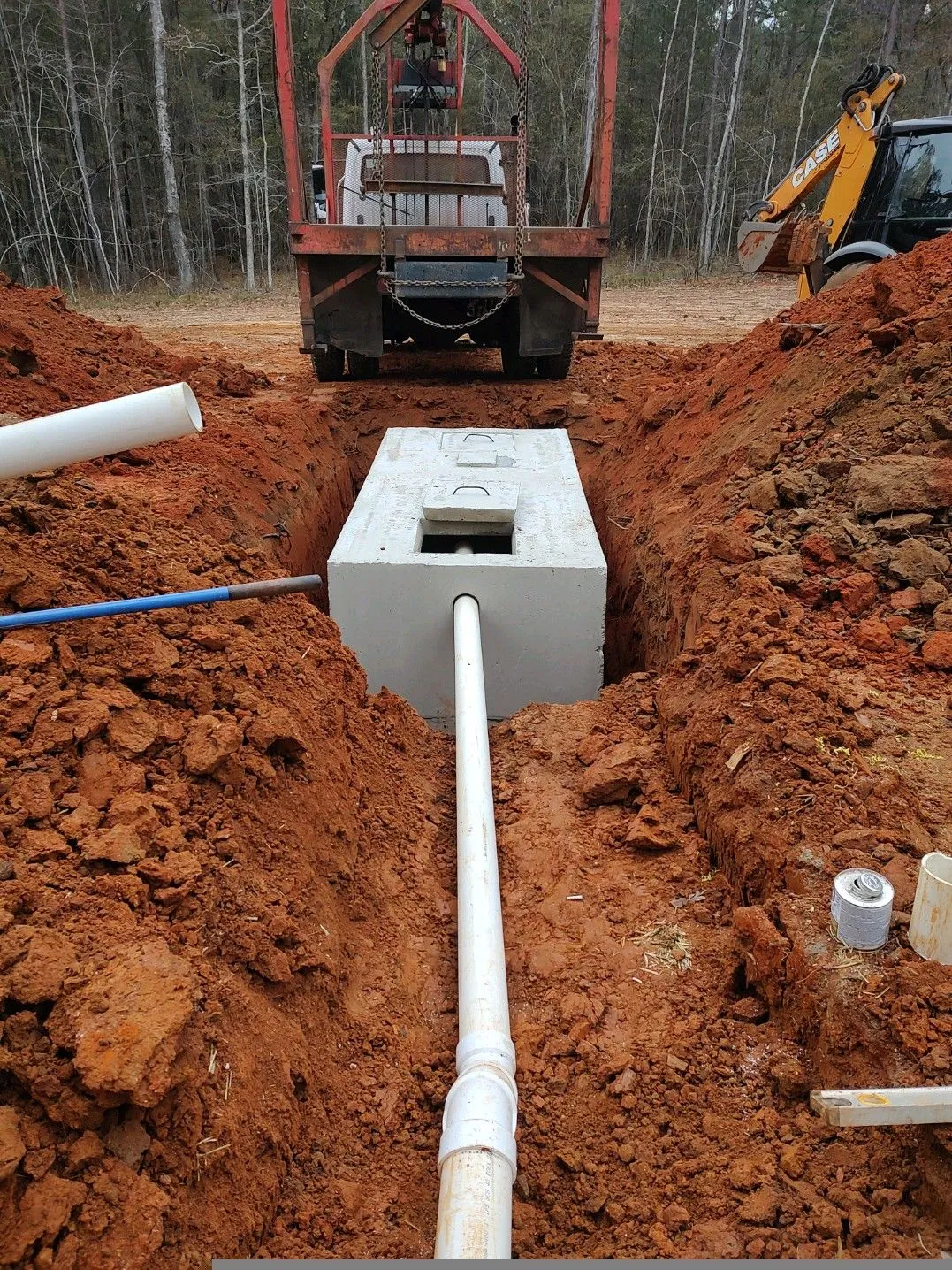
How Weather Impacts Your Septic System: Tips for Homeowners Sep 13, 2025
Weather can influence your septic system in several ways. Heavy rainfall is common in Georgia, and it can lead to system overloads. When rainwater accumulates, especially in areas with inadequate drainage, the soil around your septic tank can become saturated. This saturation prevents wastewater from flowing through the drain field as it should, leading to possible backups into your home. To mitigate this risk, it’s important to ensure that your drainage field and gutters direct water away from the septic area.
Conversely, during dry, hot periods such as during a Georgia summer, the soil can become too dry, causing it to contract. This contraction can create gaps in the soil, which may allow untreated wastewater to seep into groundwater. This poses a significant health risk and can also harm local ecosystems. Regular watering of your lawn around the septic area can help maintain optimal moisture levels in the soil, preventing it from drying out completely.
Temperature fluctuations can also affect septic systems. Freezing temperatures, although less common in Georgia, can still be an issue. Freezing conditions can cause pipes and other components to crack, resulting in leaks and potential system failures. Ensuring that your septic system is well insulated is a vital preventive measure. Additionally, maintaining a healthy layer of grass or mulch over the system can provide some natural insulation against cold weather.
The high humidity levels typical of Georgia summers can contribute to high levels of bacteria and algae growth in standing water areas, including your septic system. This growth can lead to clogs and reduce the efficiency of the wastewater treatment process. Regularly scheduling professional septic tank inspections and cleanings with a company like South Georgia Septic can help identify and resolve such issues before they escalate.
Being proactive about septic maintenance, regardless of weather, is always the best strategy. Regularly inspecting components such as pipes, tanks, and the drain field can help detect problems early. For homeowners, simple practices like conserving water during heavy rain and ensuring that nothing but biodegradable materials are flushed can prevent common issues.
Furthermore, it is advisable to develop a septic system care routine tailored to the season. For instance, before the rainy season, having your septic system pumped by professionals can increase its capacity to handle extra water. In dry conditions, mulching your drain field can retain essential moisture in the soil. Always consult with septic service experts to determine the best care practices for your specific conditions and system type.
In conclusion, weather impacts your septic system in numerous ways, but with proper care and regular maintenance, you can minimize these effects. South Georgia Septic is here to assist homeowners with comprehensive inspections, maintenance, and repair services, ensuring that your septic system remains in optimal condition regardless of the weather. Remember, the cost of maintaining your septic system is far less than the cost of replacing it, making proactive measures not just wise but financially prudent.
/filters:no_upscale()/media/9ea110d9-8e86-4c63-8848-b19e6ea2c83a.jpg)